Motorists could be made to pay a variable per-mile charge to drive in London in the future as part of plans to reduce car usage and pollution – which also include making England's capital city a zero-emissions vehicle-only zone by 2050.
The plans are part of a new long-term Transport Strategy set out by Mayor of London Sadiq Khan, which he hopes will lead to average of three million fewer car journeys being made in London by 2041.
Citing the need to reduce pollution and increase the health of London residents, the Transport Strategy includes a number of proposals to achieve this goal.
London Mayor could ban cars from capital to reduce pollution
“As London’s population is set to increase beyond 10 million, our future health and prosperity is more and more dependent on us reducing our reliance on cars,” said Khan.
“We have to be ambitious in changing how our city works. While there will be five million journeys being made across our transport network by 2041, at the same time we’re setting ourselves a bold target of reducing car journeys by three million a day.
“We have to make not using your car the affordable, safest and most convenient option for Londoners going about their daily lives.”
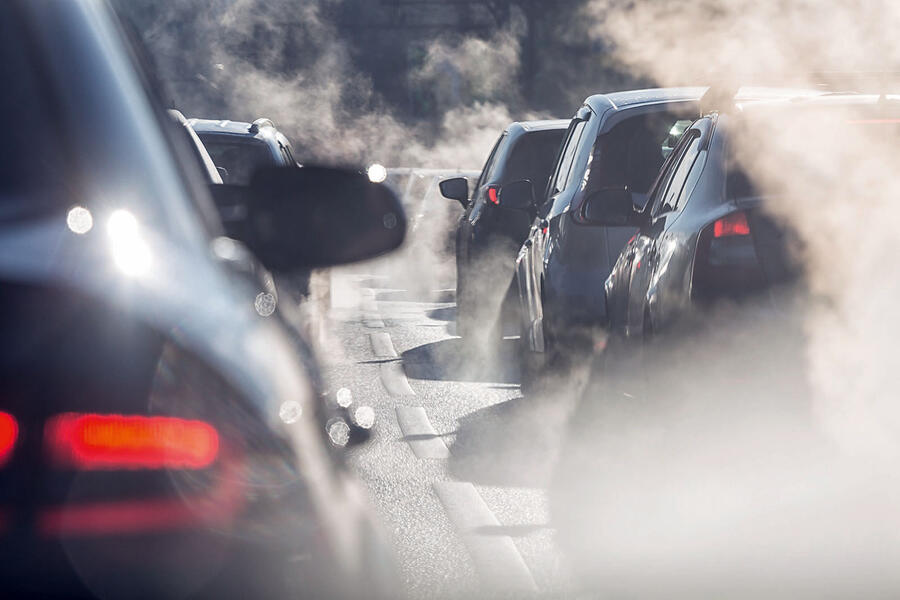
Variable pay-per-mile rates could replace Congestion Charge
Transport for London (TfL) introduced the Congestion Charge, which charges motorists to drive in the centre of the city during weekday peak hours, in 2003. Currently, the charge is £11.50 per day, with exemptions for low-emissions vehicles.
Will London's pollution problem spell the end of diesel cars?
That will be supplemented later this year with a T-Charge, which will require drivers of more polluting vehicles to pay an additional £10 fee.
But the Transport Strategy notes increased travel in London outside of peak hours, and the increasing use of number of hybrid-powered private hire vehicles. The study also notes that areas of outer London, where the charges don’t apply, suffer from similar congestion as central London.
The study includes a proposal that the Mayor will look at utilising new technology to develop “the next generation” of road charging scheme, with an integrated per-mile charge replacing the Congestion Charge, Low Emission Zone (LEZ) and other schemes.
It reads: “It is worth considering whether road use should be paid for in a way that better accounts for the impact and context of individual journeys. This would mean that some journeys would cost more (at busier times of day or in more congested areas or in more polluting vehicles), while others would cost less.”
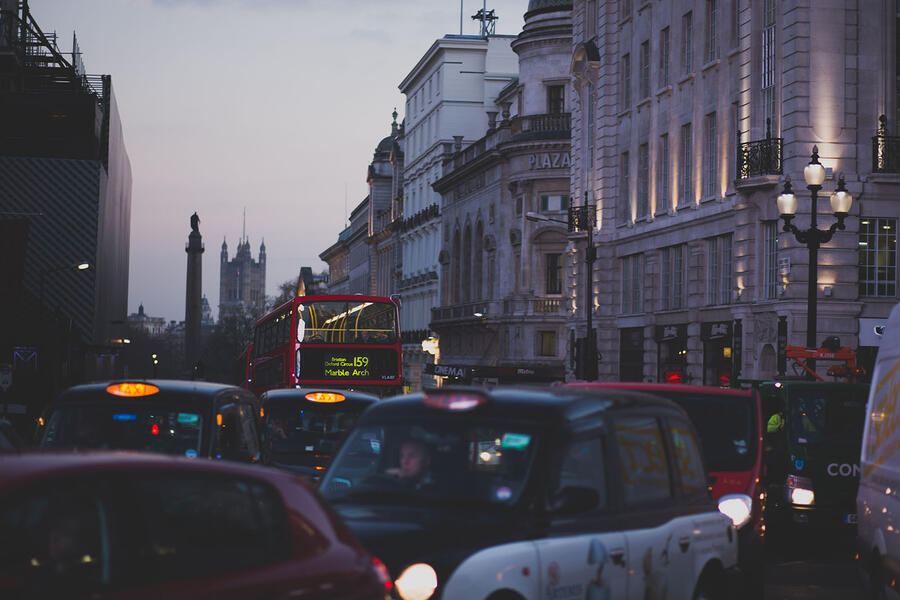
Zero-emissions plan for London by 2050
The Transport Strategy also sets out plans to dramatically reduce pollution in the capital by 2050. This involves making the entire TfL system zero-emissions by then – but also includes a phased expansion of the Ultra Low Emission Zone (ULEZ), which will be introduced in Central London by 2019. That could lead to increasingly heavy levies on higher-polluting vehicles.
The proposals call to ban all but zero emission vehicles from Central London by 2025, and inner London by 2040 – with a London-wide zero-emissions zone by 2050.
London and Paris announce real-world emissions testing for cars
The strategy notes this plans will require the Government to further incentivise the uptake of zero-emissions vehicles, and provide funding to help build up charging and refuelling infrastructure, both in London and across the UK.
Discouraging car journeys: car-free zones and higher parking charges
According to TfL’s analysis of data collected for the Transport Strategy, three-quarters of the car journeys currently made in London could be made on foot, bicycle of public transport.
The strategy calls for London Boroughs to work to discourage unnecessary car journeys, and suggests the use of load road user charges, workplace parking levies and incentives to residents to give up parking spaces.
There is also a call to introduce variable parking rates, with higher charges for the most polluting cars, along with the concept of reallocating street space to encourage walking, cycling and public transport – including vehicle-free zones.
Westminster council to charge diesel drivers more to park
The Transport Strategy reads: “This is not about being anti-car, but about supporting Londoners in moving around the city without having to rely solely on cars. By doing so, road space can be freed up for cycling and walking and for more necessary road usage.”
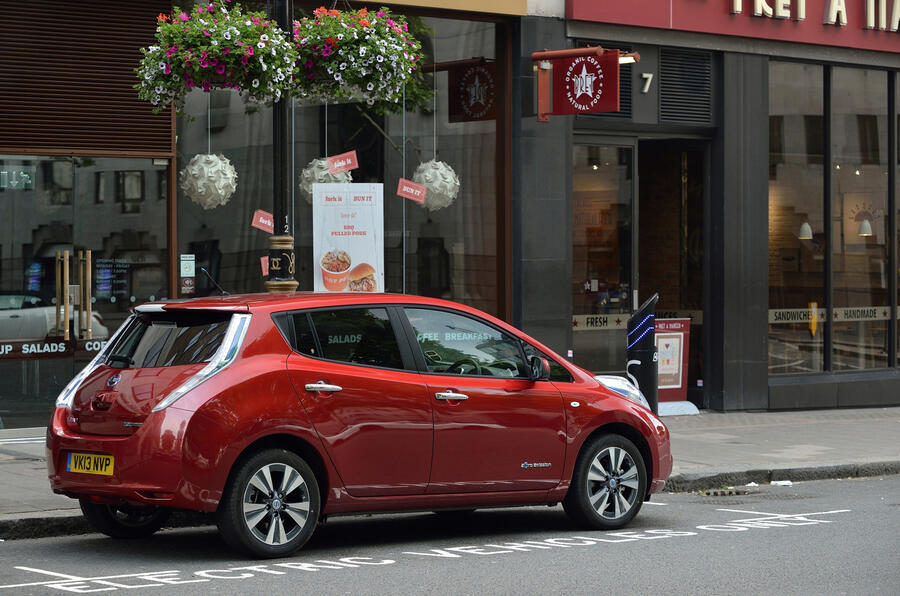
Have your say
The Transport Strategy is currently open for public consultation until 2 October 2017. It can be read here.

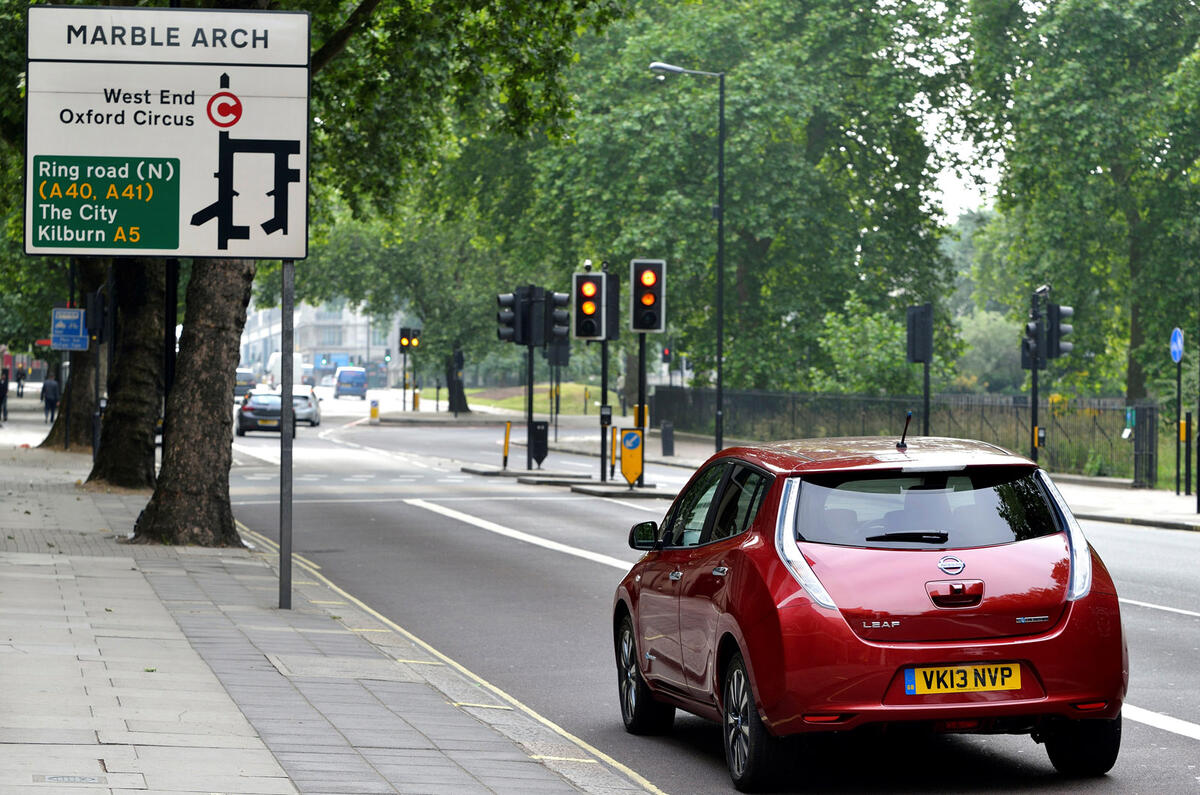
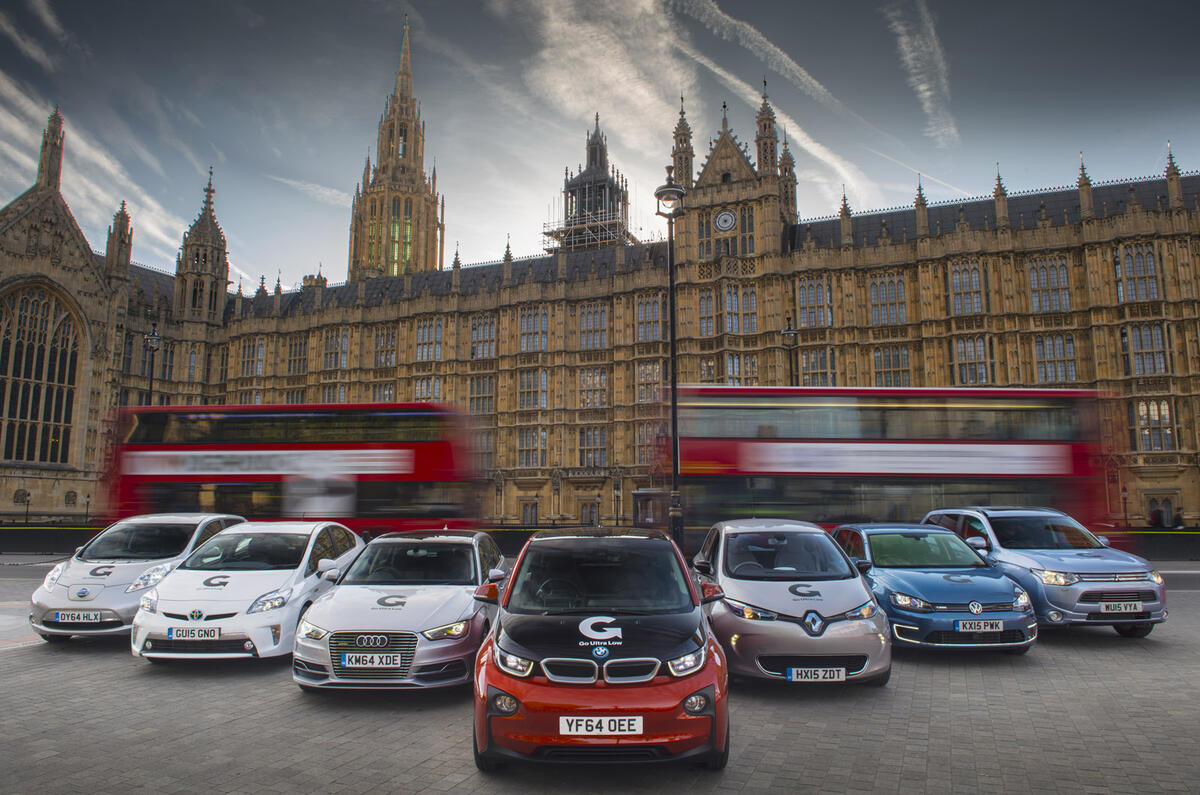
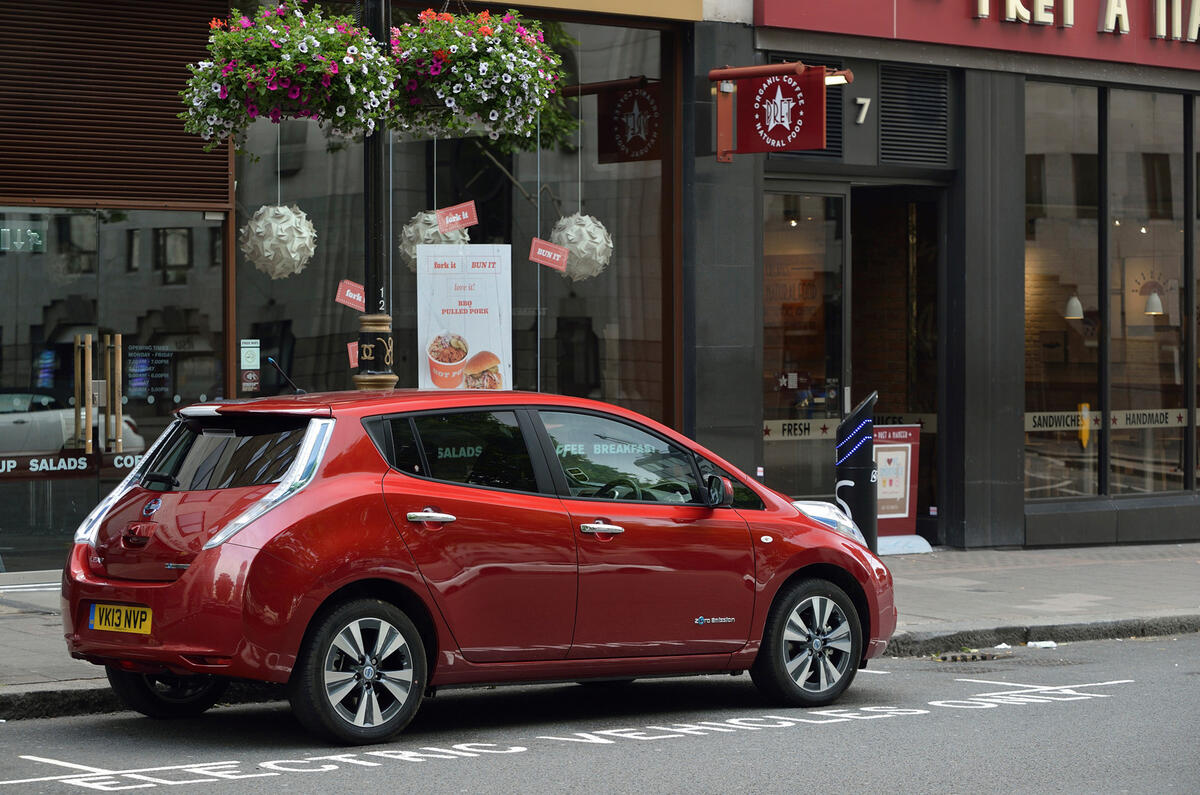
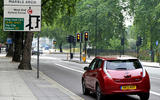
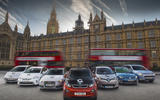
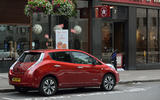






Join the debate
Add your comment
Khantrol freak
Meanwhile, Comrade Khan will do his best to effect chaos at the local level. The more people he can force into reliance on public transport the more people he puts at the mercy of the unions. Just envisage the scenario if nobody had their own car, then mid-afternoon the buses, tubes and trains went on strike. Millions stranded miles and miles from home. Get used to the idea, it's all part of Khan's plan.
And that's not the worst of it. A couple of weeks ago I saw one of those shows which follow London cops on patrol. Most of the hour was taken up covering the gangs of yobbos on pushbikes mugging people on the streets in broad daylight. Especially targetting young women to steal mobile 'phones. Comrade Khan's solution of doing more journeys on foot is ideal for those gangs.
I doubt that the fact that about ninety per cent of the yobs appeared to be of the same ethnicity as Khan is a coincidence. He's wilfully seeking to set people up as targets for street criminals. Being in a car isn't entirely safe these days, but it's a far less vulnerable position to be in that being on foot.
The left are determined to bring about a total breakdown of western society, and the car is the greatest representation of our freedom which exists, and so is their primary target, yet don't for one moment imagine that that will be the sole freedom which would be lost if they get their chance. It would be first because without freedom of movement the population would become much easier to control.
Sadiq Khan
"...for more necessary road usage."